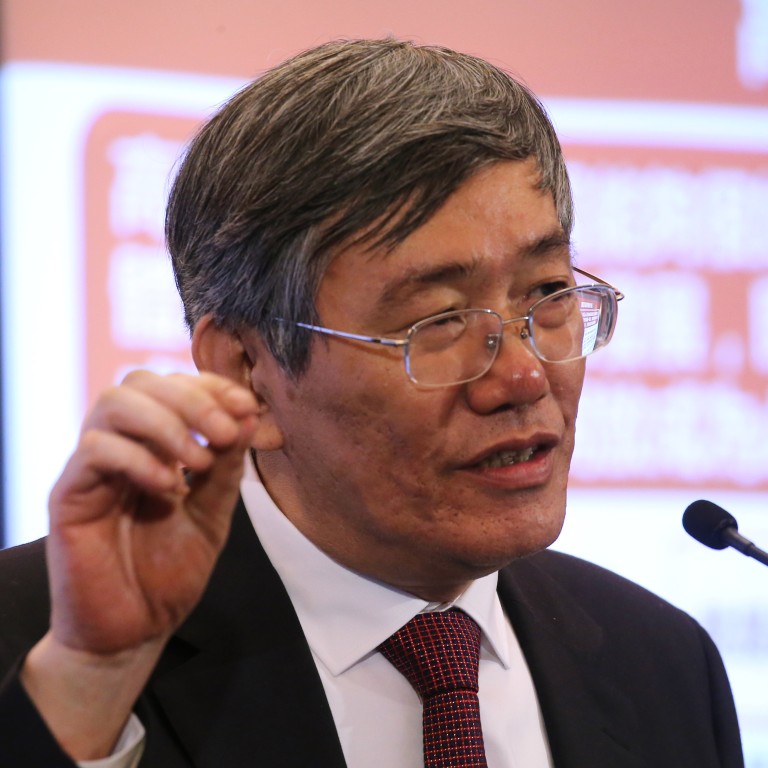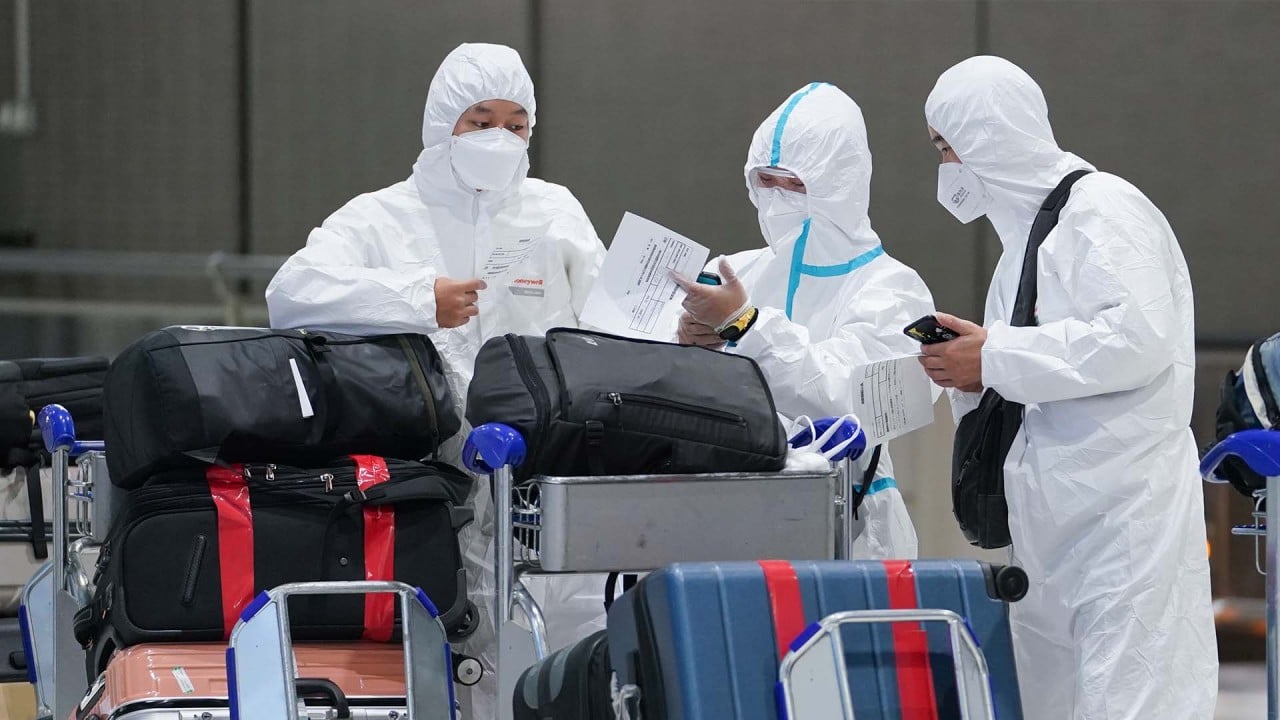
China’s economic growth is ‘biggest challenge’ for Beijing in 2022, senior adviser warns
- Yang Weimin suggests that Beijing’s policymakers could rally more supportive policies to address economic deterioration and rising external challenges
- Headwinds facing world’s second-largest economy include new Omicron variant, financial risks resulting from Evergrande debt crisis and trade relations with US
Stabilising economic growth in the coming year will require Beijing to implement new measures, as a larger-than-expected decline in the growth rate this year has sparked market concerns over China’s development prospects, a senior government adviser warned on Thursday.
A raft of pressing issues will be discussed at the upcoming central economic work conference in mid-December, including stabilising the economy and markets through cross-cyclical adjustments; balancing the pandemic control and economic growth; managing the risks caused by the domestic slowdown and external spillover; and maintaining exports by improving external relations.
Chinese manufacturing enters ‘critical period’ with an eye on hi-tech
“Economic growth should be the biggest challenge next year,” said Yang, who spent several years drafting the country’s long-term plans at the National Development and Reform Commission and also served as deputy head of the Office of the Central Leading Group for Economic and Financial Affairs.
“If we look at the magnitude and extent of the decline, it is slightly larger [than expected],” he said via video link at the Sina Finance 2021 Annual Conference.
His assessment came after Renmin University estimated last week that year-on-year gross domestic product (GDP) growth during the fourth quarter of 2021 could drop below 4 per cent as a result of significant downward pressure on China’s economy.
“To maintain the recovery momentum next year, [China] should make great efforts to stabilise the growth rate,” Yang suggested. “High-quality development also needs to maintain a reasonable range of growth.”
Yang expects the two-year average growth – used by Beijing to reduce the pandemic distortions – to be “a little higher than 5 per cent” this year, compared with 6.1 per cent in 2019, and 5.2 per cent in the first three quarters of this year.
The Bank of China, one of the Big Four state-owned banks, forecast on Tuesday that China’s economic growth could be around 5 per cent next year, compared with 5.5 per cent predicted by Morgan Stanley and 5.6 per cent by the International Monetary Fund.
How does China’s property tax plan fit Beijing’s ‘common prosperity’ drive?
Retail sales growth plunged to 2.5 per cent in August from 8.5 per cent a month earlier, and remained at a low level of 4.9 per cent in October. Growth in the hospitality and catering sectors also slowed to 5.7 per cent in the third quarter from 17.1 per cent in the second quarter.
“It would be more costly if we abandon our epidemic defence, as that would stall economic and social development,” Yang said.
However, he also suggested that authorities should more quickly and effectively implement prevention and control measures to minimise the impact on economic activities.
‘Doomed to fail’: China’s ‘characteristic towns’ abandoned, facing bankruptcy
“Further review is needed on how [China can] rely more on the expansion of household consumption,” Yang said.
Meanwhile, he added, “Our supply-chain system should adapt to rapid market changes. It needs to be able to guarantee the delivery of overseas orders while embracing the domestic market when foreign demand abates.”
The government’s annual growth target was set at around 6 per cent, while most market estimates were slightly higher than 8 per cent.


